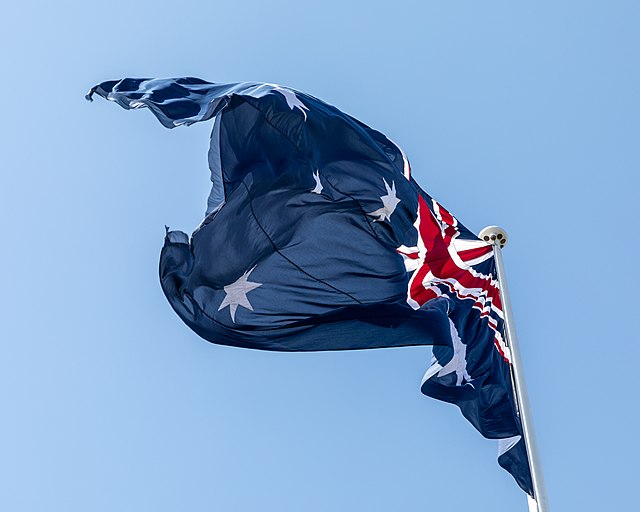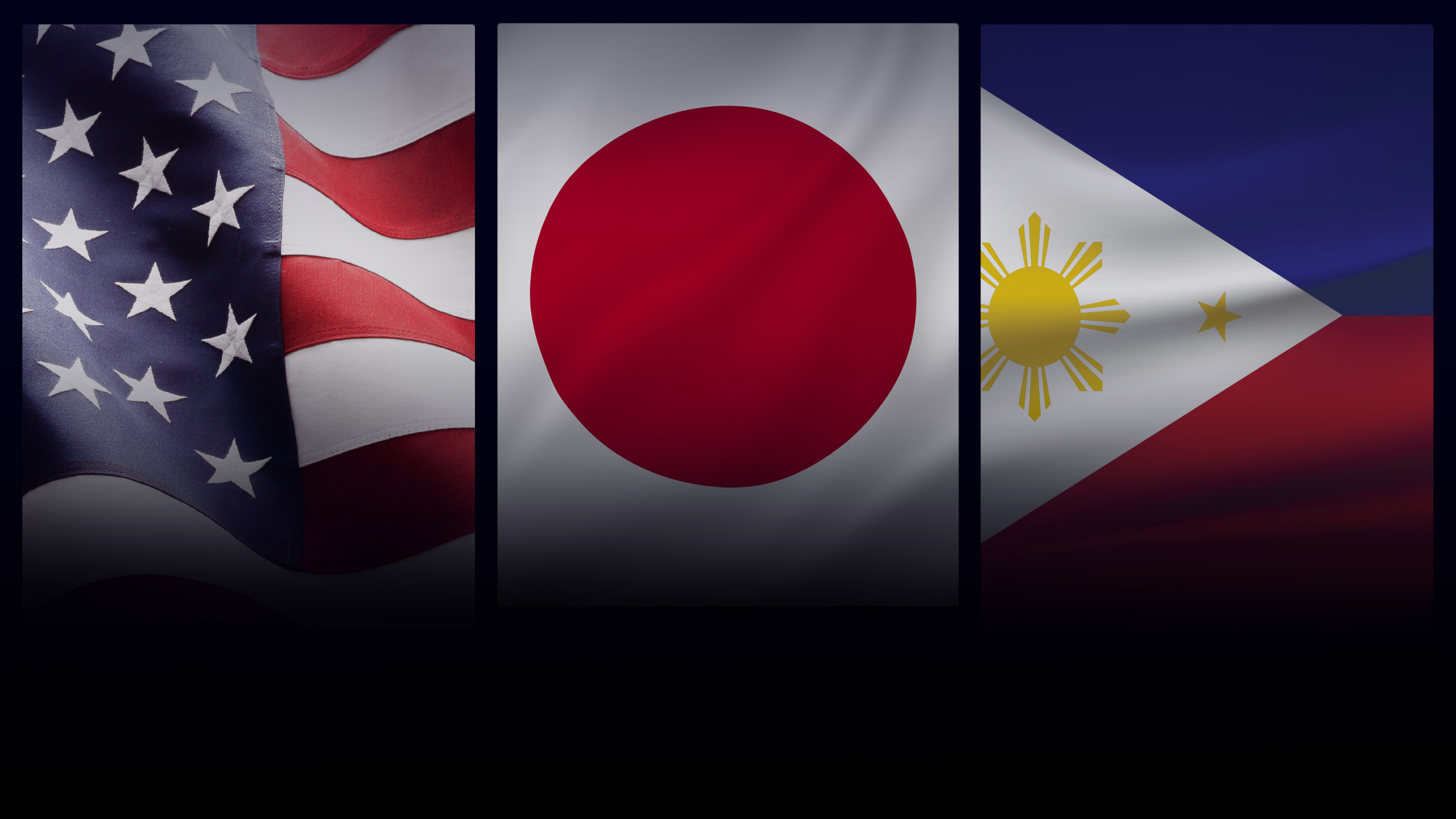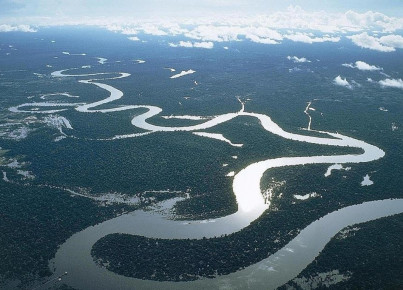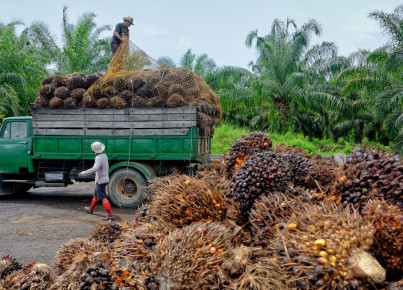After the Australian elections last May, both Canberra and Wellington are led by Labour governments. Both countries maintain deep ties with the United States, but they have different approaches to growing Chinese assertiveness. Cooperation with ASEAN could play an important part in the stability of the region.
In the Australian elections last May, Australian Labor Party Leader Anthony Albanese defeated the incumbent Liberal Prime Minister Scott Morrison. After the administration change in Canberra, both Australia and New Zealand are led by Labour cabinets. Both governments play a complex game on the Indo-Pacific chessboard. On the one hand, the two countries represent the southern end of the 'Anglosphere' (and the related Five Eyes intelligence alliance) and are key partners of the United States - in short, a piece of the 'West' in the Far East. On the other hand, their relations with their Asian neighbours are marked by alternating phases of concern and trust, cooperation and tension. So what will be the Indo-Pacific strategy of Australia and New Zealand in the coming years?
Already during the election campaign, the Australian Labor Party had vigorously expressed its support for the Quadrilateral Security Dialogue (Quad, which comprises Australia, India, Japan and the United States) and the AUKUS (which links Canberra to the US and the UK). Previous liberal-national governments had committed themselves to these agreements in 2017 and 2021, respectively. Barely three days after his election victory, the new PM Albanese was already in Tokyo for the Quad leaders' summit, at which he confirmed that his government would continue to support the Dialogue. At the same time, the Albanese administration intends to change certain aspects of the foreign policy of previous centre-right governments, ushering in a new phase of engagement with Pacific nations and commitment to international climate cooperation. The Morrisons governments had always opposed climate change policies - even when much of the country was engulfed in flames between 2019 and 2020 and rising sea levels are an existential threat to many countries in the region. So it is not surprising that Australia has been suffering from a poor standing among insular countries of the Pacific, which are most vulnerable to global warming. New Foreign Minister Penny Wong has also promised to increase financial support for Southeast Asian countries, so as to contain the growing Chinese influence in the region - Wong has recently defined the security pact between China and the Solomon Islands as the 'worst failure of Australian foreign policy in the Pacific since the end of World War II'.
Indeed, the expanding military influence of large Asian countries has always been seen as a threat by Canberra: first Japan, later China and, to a lesser extent, Indonesia. The improvement in relations between Beijing and Washington in the 1970s had also reassured Australians who had begun to see Asia as an opportunity rather than a threat. In the 1990s, another Labor PM, Paul Keating, had effectively summed up the paradigm shift shortly before concluding a security agreement with Jakarta: Australia was to pursue its security 'in Asia, not from Asia'. Relations between Australia and China have remained excellent for decades and still were so when Xi Jinping visited the country in 2014 for an official visit culminating in a historic address to the Australian Parliament. Nevertheless, the deterioration of China-US relations in recent years has been accompanied by a foreign policy shift with regard to Beijing, even in Canberra. Decades pass, but Australians continue to follow their American allies.
New Zealand, on the other hand, seems to have taken a more nuanced stance recently with regard to the US strategy for the Indo-Pacific. In early July, Labour PM Jacinda Ardern called for a more cautious approach to the Chinese presence in the region. For Ardern, it is wrong to regard Beijing's recent actions as 'new' and to require governments to take sides: ‘the honest reality is that the world is bloody messy. And yet, amongst all the complexity, we still often see issues portrayed in a black and white way’. Ardern's caution contrasts with Joe Biden's tough stance, according to which there is an ongoing battle between democracies and autocracies in the world which requires every government to pick a side. Wellington hopes for a de-escalation in the region and greater cooperation between all actors, even if Beijing becomes even more assertive. New Zealanders, however, are not indifferent to Chinese manoeuvres: they too, like Australia and the US, have expressed concern over the China-Solomon Islands defence agreement. Australia and New Zealand are in a position not different to the ASEAN countries, which are reluctant to get involved in the strategic competition between the US and China. Wellington seems intent on following a strategy similar to the one employed by other governments in the region: fostering dialogue with Beijing without renouncing strategic cooperation with Washington. Canberra, on the other hand, seems more rigid in its security concerns and more in line with Biden's vision. Both governments, however, could benefit from greater cooperation, especially with the ASEAN countries: the regional organisation in fact constitutes a factor of stability in the region and a central partner, as recognised in the Quad as well, which could balance Chinese assertiveness. The new Australian Labor government should, however, agree to cooperate with ASEAN on other issues and not exclusively on security: a strengthening of economic and political ties is preparatory and necessary if Albanese wants to move to other more sensitive forms of cooperation. International climate cooperation could be the first test and, as we have seen, the two Labour governments in Canberra and Wellington have expressed their intention to build new partnerships with other Indo-Pacific governments on the issue.






